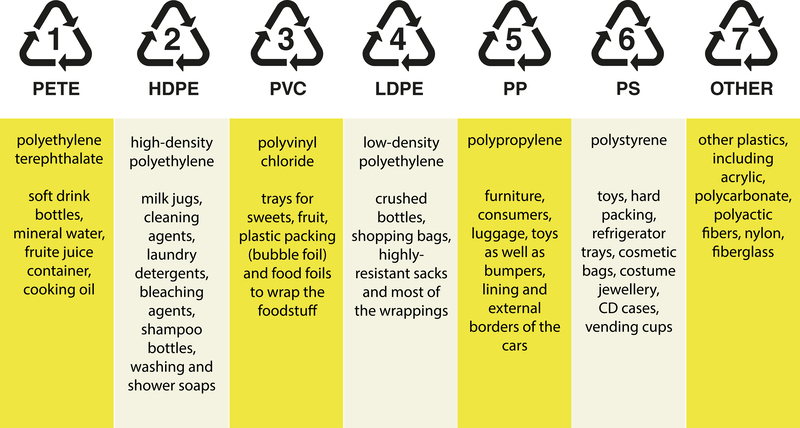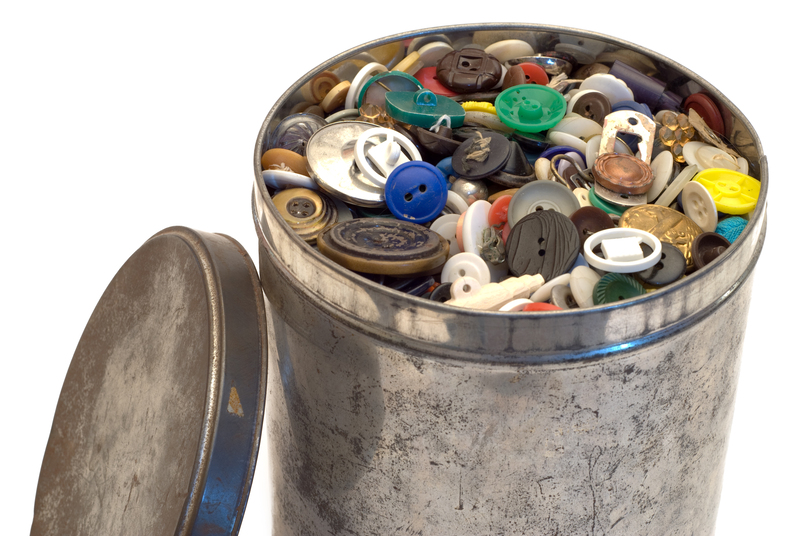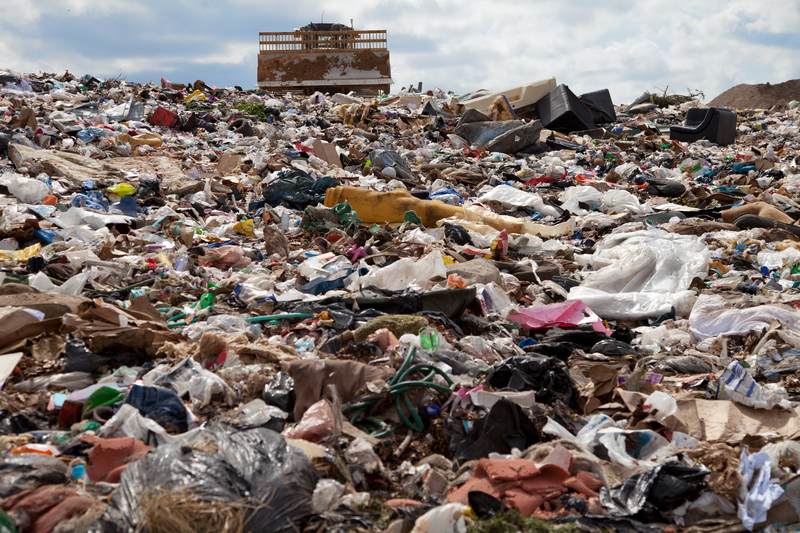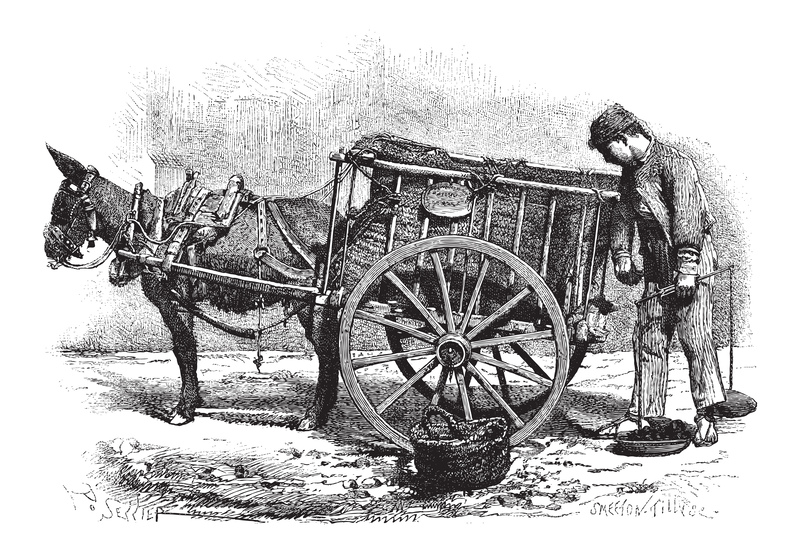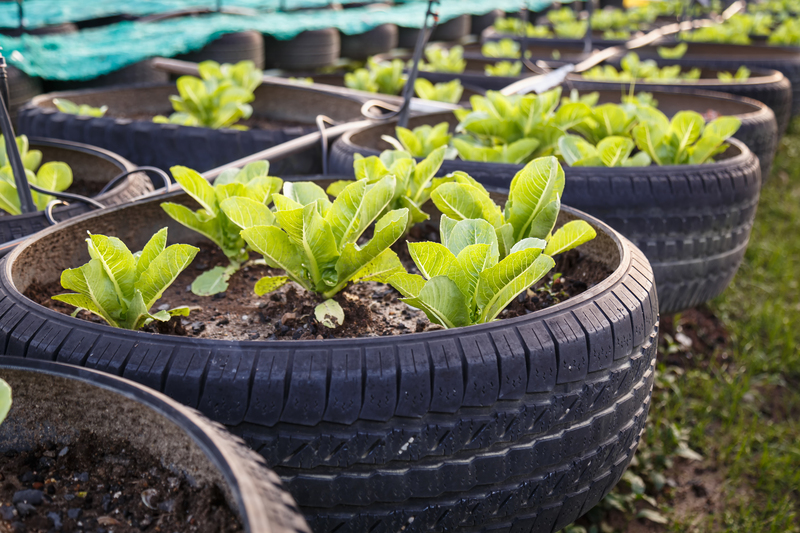Rubbish Sucks: Understanding the Impact of Waste on Our Lives

Rubbish has become an integral part of our daily lives, but its impact is often overlooked. From the moment we generate waste to its final disposal, rubbish influences various aspects of our environment, health, and economy. Understanding how rubbish affects us is crucial for fostering a more sustainable future.
In today’s fast-paced world, the production of waste has skyrocketed. With increased consumption and population growth, managing rubbish has become a significant challenge for cities and communities worldwide. The consequences of inadequate waste management extend beyond mere cleanliness, affecting ecosystems, public health, and the overall quality of life.
Moreover, the types of rubbish we generate vary significantly, including organic waste, plastics, metals, and hazardous materials. Each category poses unique challenges in terms of disposal and recycling. The inability to effectively manage these different types of waste can lead to environmental degradation and resource depletion.
One of the most pressing issues related to rubbish is its impact on the environment. Improper disposal and excessive accumulation of waste contribute to pollution, both on land and in water bodies. Landfills, often the end destination for non-recyclable waste, emit greenhouse gases and can contaminate soil and groundwater. Additionally, marine environments suffer from plastic pollution, which affects marine life and disrupts aquatic ecosystems.
Public health is another area adversely affected by rubbish. Accumulated waste can become a breeding ground for pests and pathogens, leading to the spread of diseases. Contaminated environments can exacerbate respiratory problems and other health issues, particularly in densely populated urban areas where waste management infrastructure may be lacking.
Economically, the burden of waste management is substantial. Governments and municipalities allocate significant resources to handle and dispose of rubbish, funds that could otherwise be invested in public services and infrastructure. Furthermore, the loss of recyclable materials represents a wasted opportunity for economic growth and resource conservation.

Recycling plays a critical role in mitigating the negative effects of rubbish. By reprocessing materials, we can reduce the demand for virgin resources, lower energy consumption, and decrease pollution. However, the effectiveness of recycling programs depends on public participation and the proper sorting of waste. Contamination in recycling streams can render materials non-recyclable, undermining these efforts.
Innovative waste management solutions are essential for addressing the growing rubbish problem. Technologies such as waste-to-energy plants, advanced recycling techniques, and biodegradable materials offer promising avenues for reducing waste's environmental footprint. Investing in research and development can lead to more sustainable practices and materials, ultimately minimizing the adverse effects of rubbish.
Community involvement and education are crucial components in combating the rubbish crisis. Raising awareness about the importance of waste reduction, proper disposal, and recycling can empower individuals to make more environmentally conscious choices. Initiatives like clean-up drives, recycling programs, and educational campaigns can foster a culture of sustainability and responsibility.

Government policies and regulations play a pivotal role in shaping waste management practices. Implementing strict guidelines for waste disposal, promoting recycling through incentives, and enforcing penalties for non-compliance can drive significant changes in how rubbish is handled. International cooperation is also vital, as waste often transcends borders, requiring coordinated efforts to manage it effectively.
Businesses and industries must also take responsibility for their waste production. Adopting sustainable practices, such as reducing packaging, using recyclable materials, and implementing efficient waste management systems, can significantly decrease the amount of rubbish generated. Corporate social responsibility initiatives can further encourage businesses to contribute positively to environmental sustainability.
Ultimately, tackling the rubbish problem requires a multifaceted approach that involves individual action, community engagement, technological innovation, and robust policy frameworks. By understanding the detrimental effects of rubbish and taking proactive steps to manage waste responsibly, we can create a healthier, more sustainable world for future generations.

Rubbish truly sucks when we consider its far-reaching implications. From environmental degradation to economic burdens, the presence of unmanaged waste is a significant challenge. However, by fostering a collective commitment to waste reduction and sustainable practices, we can mitigate these negative impacts and pave the way for a cleaner, healthier planet.
In conclusion, addressing the rubbish crisis is imperative for the well-being of our environment, public health, and economy. It requires a unified effort from individuals, communities, businesses, and governments to implement effective waste management strategies, promote recycling, and encourage responsible consumption. Only through such comprehensive measures can we hope to overcome the challenges posed by rubbish and build a more sustainable future.
Let’s take a stand against rubbish and work together to create a cleaner, greener world where waste no longer sucks the vitality out of our surroundings.


